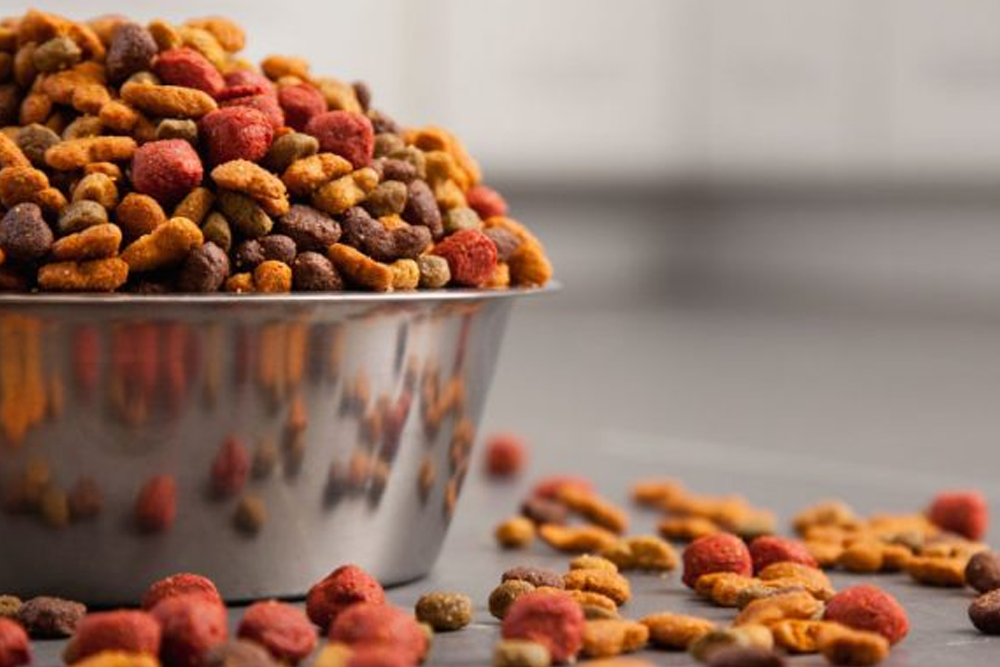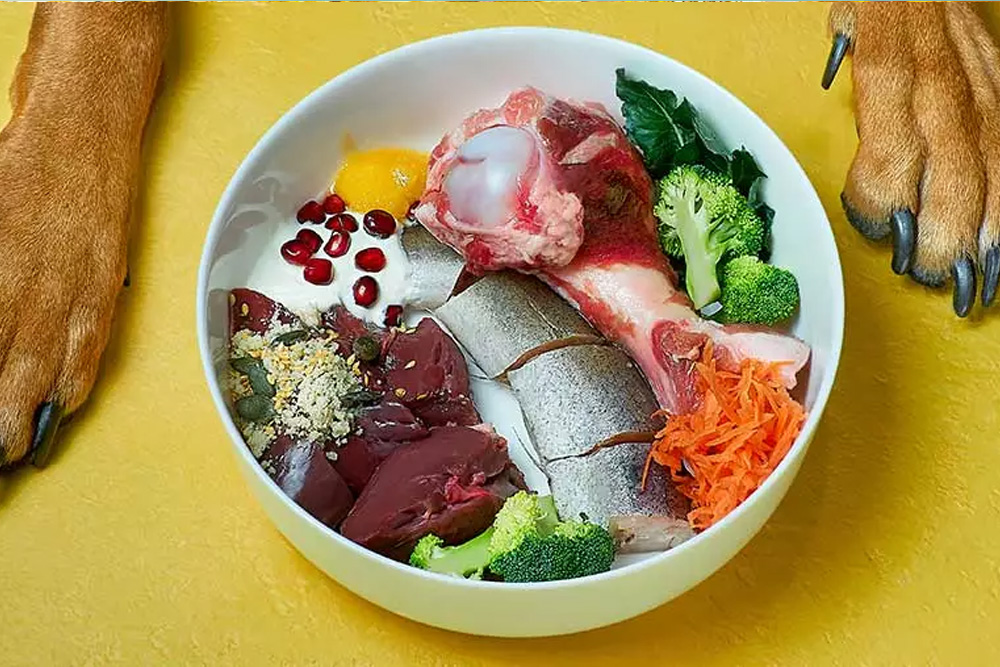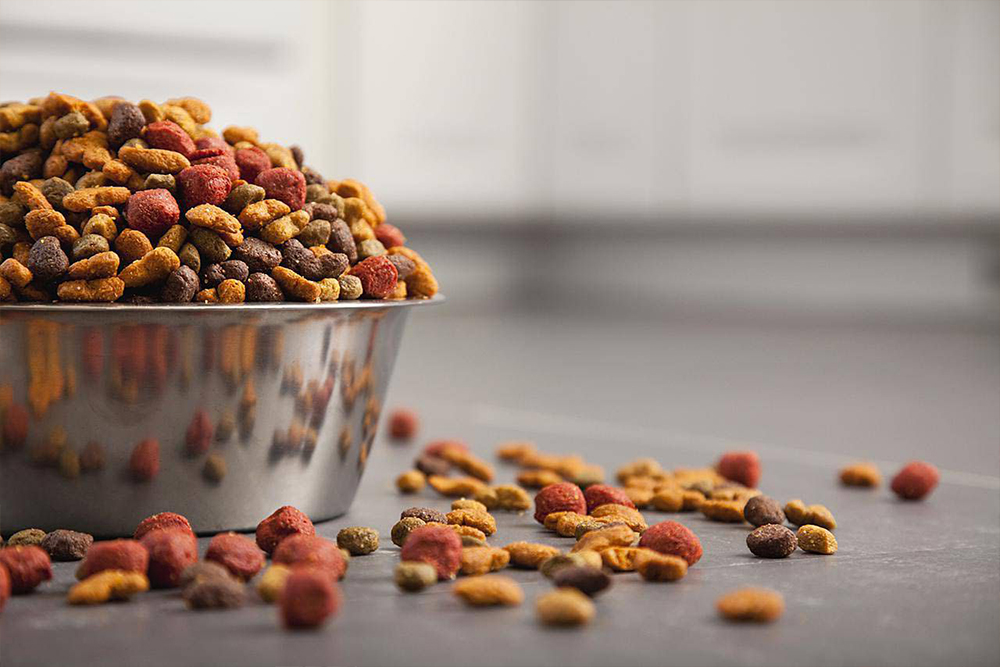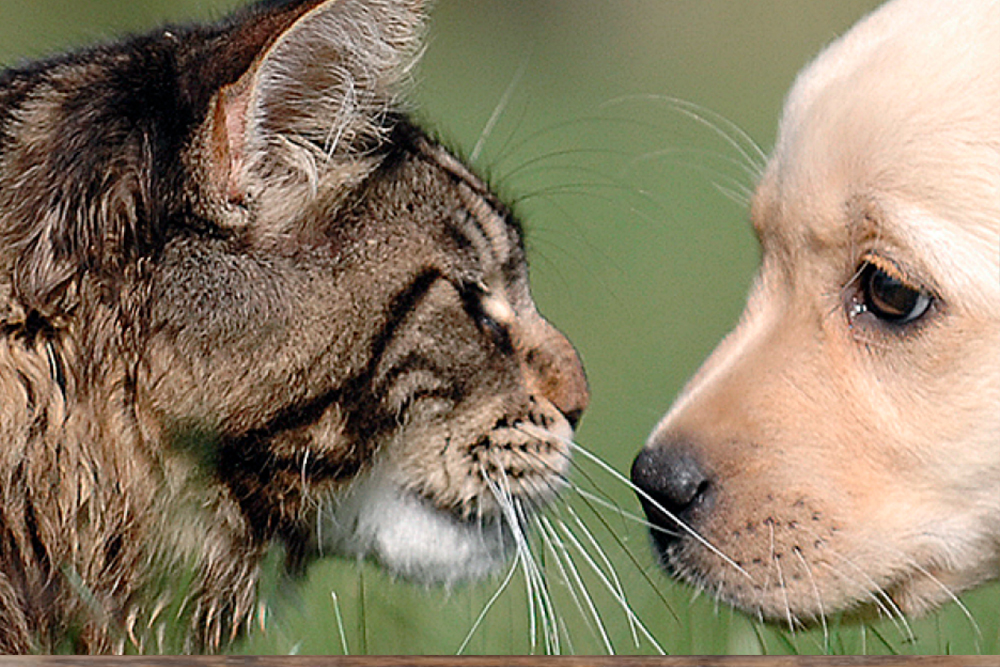Discover how your pets can live longer with these simple tips

Pets are part of our lives and are often considered members of the family. It is important to ensure that our furry friends are always healthy and happy, and one way to do this is by taking care of their food. Just like humans, pets’ diet has a significant impact on their overall health and well-being.
There are many foods that can help prevent or treat illness in pets. By choosing the right foods for your pet, you can help keep them healthy and protect them from various illnesses. Here are some of the foods that can be beneficial for your pet:
As pet owners, we hold a great responsibility in ensuring the health and well-being of our furry friends. One of the most crucial aspects of pet care is providing them with a well-balanced and nutritious diet. Just like humans, animals can benefit from certain foods that have the potential to prevent or treat various diseases. In this article, we will explore some of these foods and explain how they can contribute to the overall health of your pets.
Related articles
1- Treat Your Pet Like Family: 10 Fun Activities to Do Together
2- Keep Your Pet Healthy and Happy with Regular Veterinary Check-ups
3- How to Keep Your Pets Mind Sharp with Unique Games and Foods!
4- From Fat to Fit: Home Exercises for Your Obese Pet
Omega-3 Fatty Acids: Boosting Immunity and Fighting Inflammation
Omega-3 fatty acids, particularly eicosapentaenoic acid (EPA) and docosahexaenoic acid (DHA), are essential nutrients that have been shown to provide numerous health benefits for pets. These fatty acids are found in fish oil and other marine sources, as well as some plant-based sources like flaxseed and chia seeds.
Omega-3s play a crucial role in promoting overall immune health in pets. They have been shown to help reduce inflammation, which is a common factor in many diseases, including arthritis, heart disease, and skin disorders. In addition, omega-3 fatty acids can help improve cognitive function and support a healthy brain in aging pets.
Feeding Tip: Incorporate fish oil, ground flaxseed, or chia seeds into your pet’s meals to ensure they are getting enough omega-3 fatty acids. Be sure to consult your veterinarian for appropriate dosage and recommendations.
Probiotics: Maintaining Gut Health and Boosting Immunity
Probiotics are live microorganisms that promote a healthy balance of gut bacteria in pets. They can be found in fermented foods like yogurt and kefir, as well as in supplements specifically designed for pets. Probiotics have been shown to support a healthy digestive system, enhance immune function, and even help prevent and manage gastrointestinal issues such as diarrhea, constipation, and inflammatory bowel disease.
Feeding Tip: Look for pet-specific probiotic supplements or add a small amount of plain, unsweetened yogurt or kefir to your pet’s meals. Always consult your veterinarian before introducing any new supplement to your pet’s diet.
Antioxidant-rich Fruits and Vegetables: Fighting Free Radicals and Supporting Overall Health
Fruits and vegetables are rich in antioxidants, which help protect pets from the damaging effects of free radicals. These molecules are produced naturally by the body but can lead to cell damage and contribute to various diseases, including cancer, when their levels become too high.
Some antioxidant-rich fruits and vegetables that are safe for pets include blueberries, cranberries, carrots, sweet potatoes, and green leafy vegetables like spinach and kale. These foods can help support your pet’s immune system, reduce inflammation, and promote overall health.
Feeding Tip: Introduce small amounts of these fruits and vegetables into your pet’s meals, ensuring they are properly washed and cut into appropriate sizes. Steaming or lightly cooking some vegetables can make them more digestible for pets.
Fiber: Aiding Digestion and Supporting Weight Management pets
A diet high in fiber can contribute to your pet’s overall digestive health and help manage their weight. Fiber can be found in a variety of pet-safe fruits, vegetables, and whole grains. It aids in digestion by adding bulk to the stool, helping prevent constipation and diarrhea. Additionally, fiber can contribute to weight management by promoting a feeling of fullness, which can help prevent overeating and obesity.
Feeding Tip: Incorporate fiber-rich foods like pumpkin, sweet potatoes, brown rice, and oats into your pet’s meals. Be sure to introduce these foods gradually and monitor your pet’s response to ensure they are not experiencing any digestive discomfort.
Lean Protein pets: Supporting Muscle Health and Healing
Protein is an essential nutrient for pets, as it supports muscle health, tissue repair, and overall growth. Lean protein sources like chicken, turkey, and fish are ideal for pets, as they provide the necessary nutrients without the added fat that can contribute to obesity and related diseases.
Feeding Tip: Choose lean protein sources and prepare them without added fats or seasonings. Avoid feeding your pet processed meats, which may contain harmful additives and excessive sodium.
A well-rounded, nutritious diet is essential for maintaining your pet’s overall health and well-being. By incorporating the foods mentioned above, you can help prevent and manage various diseases in your pets and support their overall wellness. As always, consult with your veterinarian before making any significant changes to your pet’s diet.
In conclusion, choosing the right food for your pet is essential to ensure its health and well-being. Fruits and vegetables, fish, lean meats, brown rice and coconut oil are examples of foods that can prevent or treat illness in pets.
However, it is important to remember that your pet’s diet must be adapted to its individual needs and that consulting a veterinarian is always advisable before introducing new foods to the animal’s diet.
If you care about your pet’s health and well-being, check out other articles on our blog about pet care, healthy eating, exercise tips and more. Always remember to offer adequate and balanced food for your pet, and thus ensure a healthy and happy life for your furry friend!
Sobre o Autor




0 Comentários